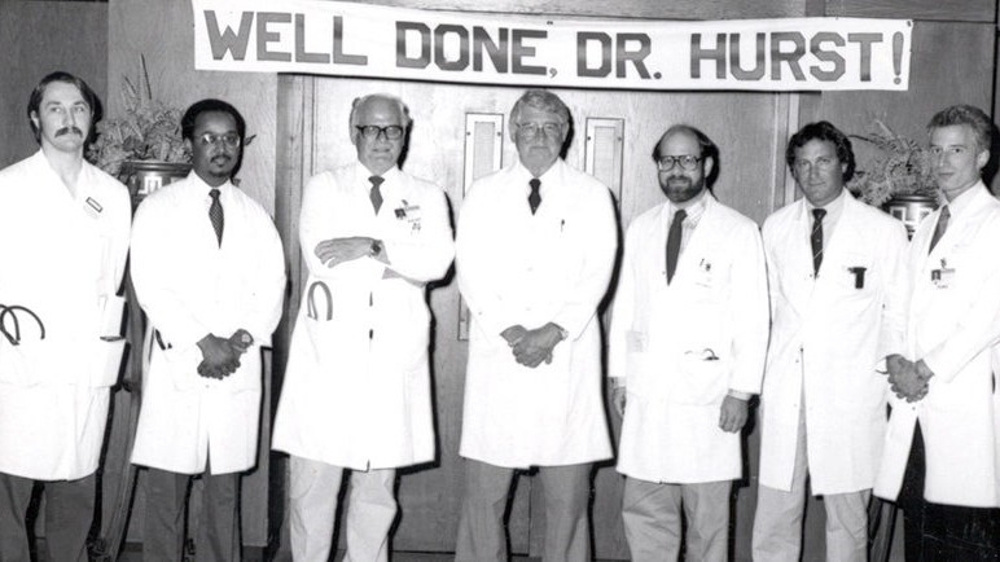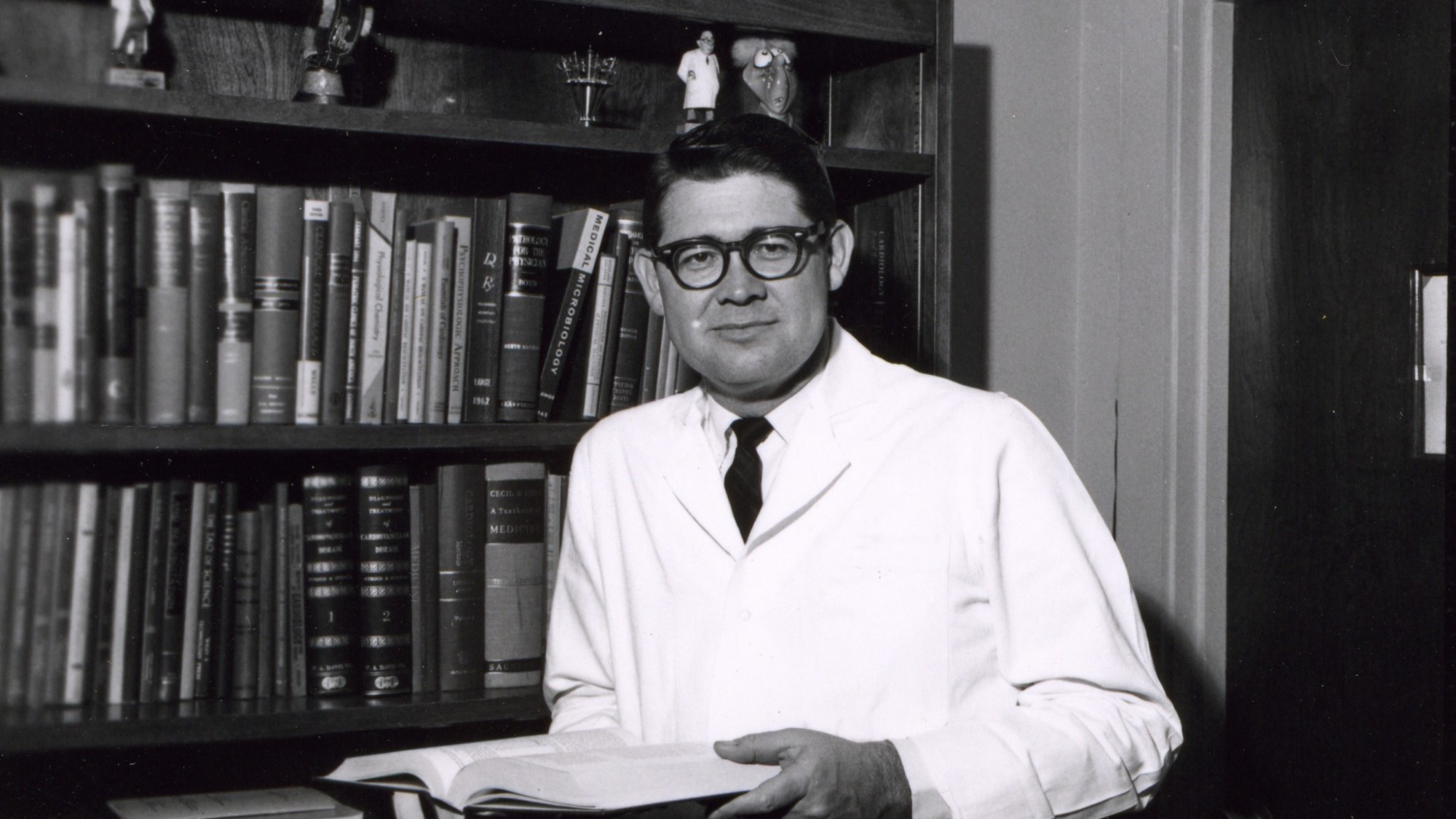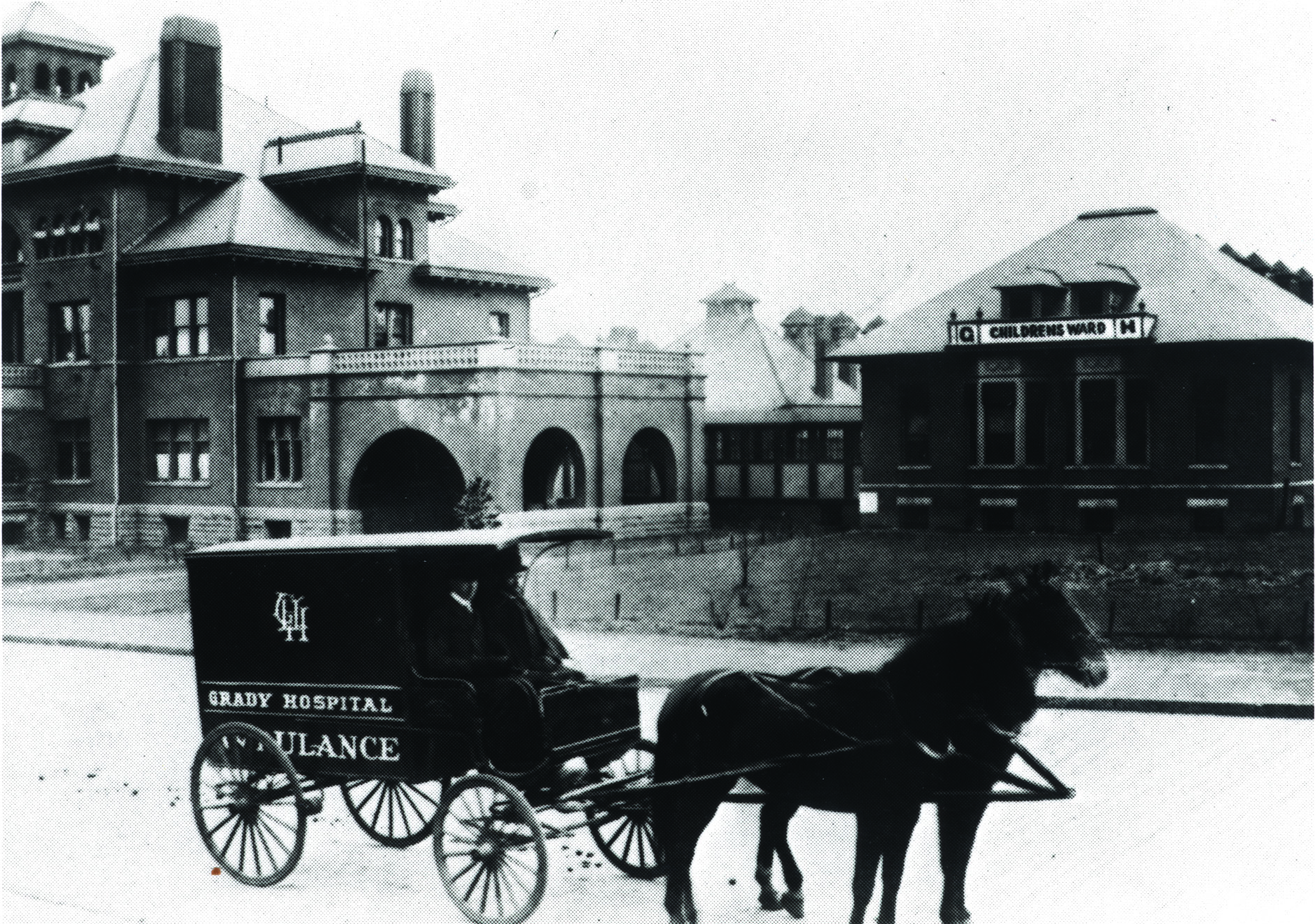1967
The Emory University Physician Assistant Program evolved from the pioneering Cardiology Medical Specialty Associate program at Grady Memorial Hospital in 1967 under the direction of Dr. J. Willis Hurst, a close friend of Dr. Eugene Stead, founder of the PA profession.
1971
Early in 1971, with the financial assistance of the Bruner Foundation, the Division of Allied Health Professions of the Emory University School of Medicine initiated the Emory Physician Associate Program.
1973
Beginning in 1973, graduates received a Bachelor of Medical Science.
1981
The Division of Allied Health was dissolved and the program was moved to the Department of Community Health in the Division of Primary Care.
1990
In 1990, the degree was elevated to Master of Medical Science, Physician Assistant (MMSc-PA).
1995
With the advent of the Department of Family and Preventive Medicine in 1995, the program became the Physician Assistant Division within the newly formed department.
2009
In collaboration with the Rollins School of Public Health, a dual MMSc-PA/MPH degree was first awarded in 2009.
Founder of the Emory PA Program

J. Willis Hurst, MD (1920-2011)
"I think teaching is the greatest profession there is,"
~Dr. Hurst
Dr. J. Willis Hurst grew up in a house full of teachers - his father, an aunt, and another teacher who shared the house with the Hurst family. Thus were the humble beginnings that led Dr. Hurst to become one of the most revered and respected teachers of medicine and cardiology.
Dr. Hurst was a post-graduate student and cardiac fellow under Dr. Paul Dudley White, the "father of American cardiology," at Massachusetts General Hospital in Boston. After completing his fellowship in Boston, Dr. Hurst came to Atlanta and went into private practice as one of only six cardiologists in the city. He began teaching at Emory in 1950. In 1957, he was named Professor and Chairman of the Department of Medicine.
As knowledge and technology in medicine and cardiology grew, Dr. Hurst worked to ensure that no one in the Atlanta area would have to go elsewhere for care, particularly cardiac care. He recruited the finest teachers, researchers, and clinicians to the faculty of the School of Medicine. He expanded the research facilities at Emory, established the post-graduate program of continuing education, founded the program that became the Physician Assistant program, created a cardiac catheterization laboratory on the Emory campus, and increased the length of the cardiology training program, among other achievements.
Dr. Hurst was also an excellent clinician, sought after by people across the nation and the world for cardiac care. Dr. Hurst served as a personal cardiologist to former U.S. President Lyndon B. Johnson. He was the author or editor of almost 400 scientific articles and over 60 books, including The Heart, widely considered to be the "Bible" of cardiology. The Heart has been translated into five languages.
In the late 1990s, Dr. Hurst wrote and published The Quest for Excellence: The History of the Department of Medicine at Emory University School of Medicine, 1834-1986. He also wrote a children's book, The Heart: The Kids' Question and Answer Book, with his grandson. A novel, Prescription for Greed, co-written with his son Phil Hurst, was published in November 2000.
Dr. Hurst was president of the American Heart Association and the Association of Professors of Medicine. He served on the National Heart, Lung and Blood Council and was Chairman of the Cardiovascular Board. He received numerous awards and teaching honors. The Internal Medicine Residency program at Emory is named in his honor.



